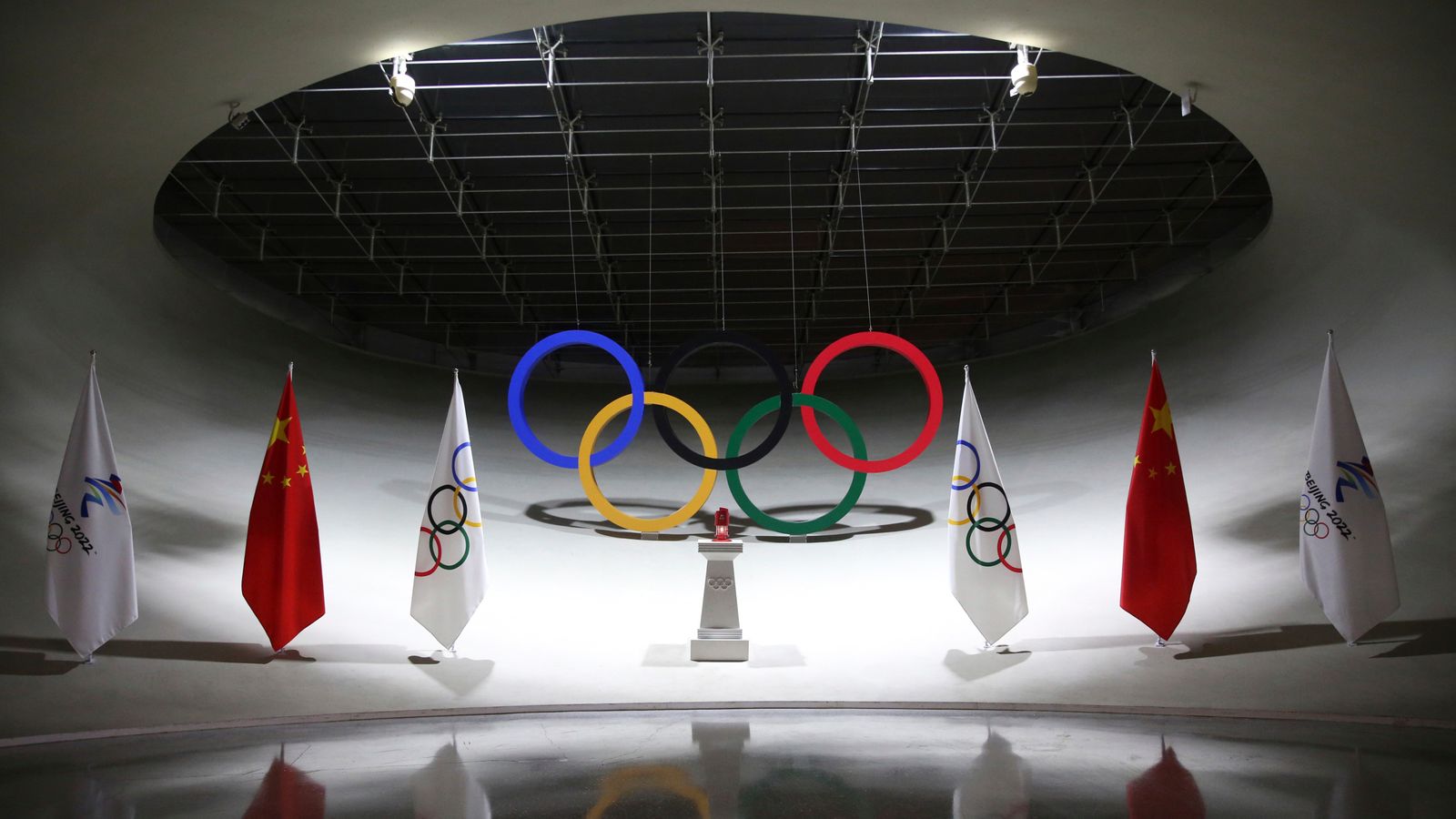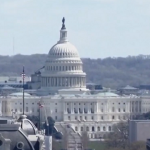The Beijing Winter Olympics and Paralympics should not be a “sportswashing” opportunity for China, Amnesty International has warned, saying that “the international community must not become complicit in a propaganda exercise”.
The games are due to start in just over two weeks’ time. Countries including the US and UK have announced diplomatic boycotts of the games, refusing to send officials to Beijing, although others, notably France, have said they will attend.
Amnesty said that the human rights situation in China had deteriorated since it last held an Olympics – the 2008 Summer games, also in Beijing.
China guilty of committing genocide against Uyghur people, tribunal finds
It highlighted the “mass persecution of Uyghurs in Xinjiang, a draconian clampdown on freedom of speech in Hong Kong, and the apparent silencing of individuals such as the tennis player Peng Shuai”.
Boycotting countries will pay ‘price’, China says
China has criticised the diplomatic boycotts, saying they are merely “political manipulation” and that the countries involved will pay an unspecified “price” for their actions. It denies allegations of human rights abuses.
Beijing Winter Olympics: Athletes could pay a heavy price for speaking out
Beijing Winter Olympics: Tickets won’t be sold to general public due to ‘severe and complex’ COVID-19 situation
China: Twenty million under strict COVID lockdown amid fears Omicron could disrupt Beijing Winter Olympics
Athletes from those countries conducting a boycott will still compete in Beijing.
Amnesty said: “The British Olympic Association should ensure that all Team GB participants are aware of the gravity of the human rights situation in China and that they’re given every opportunity to speak out about human rights if they wish to do so.”
Beijing Winter Olympics: Athletes could pay a heavy price for speaking out
The Olympic Charter prohibits political protests at medal ceremonies, although athletes can express their opinions in interviews or on social media.
Andy Anson, the chief executive of the British Olympic Association, has said: “We definitely want our athletes to be respectful of the athletes they are standing on the podium with, (but) we are not going to stifle their freedom of expression.
“We’ve told the athletes all along that we’re very happy for them to express themselves but to be sensible and to touch base if they feel that they’re doing anything at all controversial.”
Athletes may be at risk if they speak out
However, Human Rights Watch, another NGO, has advised that athletes may be at risk if they speak out while in China.
Athletes have also been urged to leave their personal devices at home, and use “burner” phones instead, to avoid what Human Rights Watch calls “Orwellian surveillance” in China.






















